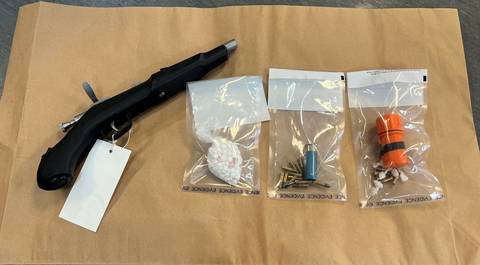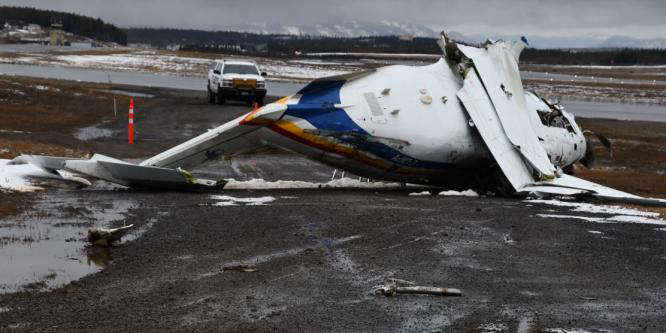
A new report by the WWF suggests grey-water dumping will at least double by 2035.
A new report by the World Wildlife Foundation (WWF) suggests ships and fishing vessels dumping wastewater into Nunavut waters will double by 2035 if stricter Transport Canada regulations around pollution aren't implemented.
The 50-page study noted grey water, runoff wastewater from kitchens and laundry aboard ships, is on the increase due to a rise of cruise ships and commercial vessels heading through the Northwest Passage near Nunavut.
Vessels from cruise ships with tourists to commercial ships carrying marine goods to supply ships hauling mines or ore all produce this substance.
The report notes overlapping territories where fishing and harvesting of shellfish takes place for First Nations would be severely impacted if their food security became contaminated by grey water. Whale habitat and migration routes could also be devastated.
Currently there are no Transport Canada-approved discharge systems mandated for grey-water treatment in the Arctic.
The WWF highlights that dumping of grey water is also more heavily monitored below the 60th parallel. While Canada's regulations make vessels treat and release grey water before entering prohibited dump zones, ships going through Canadian Arctic waters are not being forced to adhere to this protocol.


 Yukon RCMP leads the way in body-worn camera deployment
Yukon RCMP leads the way in body-worn camera deployment
 Math'ieya Alatini elected CYFN Grand Chief
Math'ieya Alatini elected CYFN Grand Chief
 Watson Lake man charged in firearm robbery
Watson Lake man charged in firearm robbery
 House fire in McIntyre contained
House fire in McIntyre contained
 RCMP plane crash caused by faulty sensor: TSB report
RCMP plane crash caused by faulty sensor: TSB report
 New Fireweed Mental Health unit opens at Whitehorse General Hospital
New Fireweed Mental Health unit opens at Whitehorse General Hospital
 Traditional learning camp opens at Whitehorse school
Traditional learning camp opens at Whitehorse school
 Yukon Schools introduce online registration for bus service
Yukon Schools introduce online registration for bus service
 Yukon Government unveils progress in healthcare transformation with 2024 Putting People First annual report
Yukon Government unveils progress in healthcare transformation with 2024 Putting People First annual report
 Whitehorse Emergency Shelter unveils New Artwork celebrating Yukon First Nations culture
Whitehorse Emergency Shelter unveils New Artwork celebrating Yukon First Nations culture
 Former Whitehorse City Councillor Ted Laking announces bid for Yukon Party nomination in Porter Creek Centre
Former Whitehorse City Councillor Ted Laking announces bid for Yukon Party nomination in Porter Creek Centre
 Yukon Government seeks applicants for new Health Authority Board
Yukon Government seeks applicants for new Health Authority Board
 Canada Post strike looms, Yukoners brace for disruption
Canada Post strike looms, Yukoners brace for disruption
 Driver charged in fatal collision that killed Yukon Government Deputy Minister and injured Minister
Driver charged in fatal collision that killed Yukon Government Deputy Minister and injured Minister
 Yukoners encouraged to apply for Northwestel's Northern Futures Scholarship Program
Yukoners encouraged to apply for Northwestel's Northern Futures Scholarship Program
 City of Whitehorse summer transportation maintenance work underway
City of Whitehorse summer transportation maintenance work underway
 Yukon Government seeks input on new downtown public school
Yukon Government seeks input on new downtown public school
 Indigenous leadership takes centre stage: Rebecca Chartrand and Mandy Gull-Masty appointed to key cabinet roles
Indigenous leadership takes centre stage: Rebecca Chartrand and Mandy Gull-Masty appointed to key cabinet roles
 Whitehorse prepares for Annual 20-Minute makeover
Whitehorse prepares for Annual 20-Minute makeover
 RCMP conducting training exercises on Schwatka Lake
RCMP conducting training exercises on Schwatka Lake